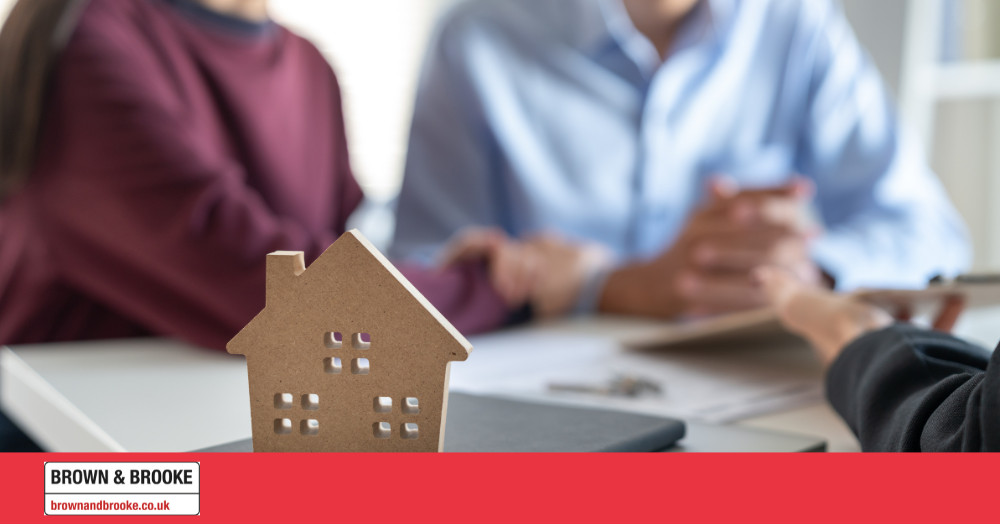When buying a property in the UK, one of the most important - and often overlooked - decisions is whether you’re buying a freehold or a leasehold property. While it may seem like a technical detail, the difference can have a big impact on your rights, responsibilities, and long-term costs as a homeowner.
Let’s break it down in simple terms.
What is a Freehold?
If you buy a freehold property, you own the building and the land it stands on outright. It’s the most straightforward form of property ownership.
Benefits of Freehold:
- You have full control over your property.
- No ground rent or service charges (aside from your own upkeep).
- Ownership is permanent - no lease expiry to worry about.
Considerations:
- You are fully responsible for all maintenance and repairs.
- Freehold flats are rare, as shared buildings are typically leasehold.
What is a Leasehold?
Buying a leasehold means you own the property (Usually a flat) but not the land it stands on. Instead, you lease it for a set period, typically 99 to 999 years.
Benefits of Leasehold:
- Often more affordable than freehold.
- Common for flats with shared communal spaces (like hallways or gardens).
- Maintenance of shared areas is handled by a managing agent.
Considerations:
- You may have to pay ground rent, service charges, and other fees.
- Leases under 80 years can affect mortgage ability and resale value.
- You’ll need permission for certain changes or subletting.
- Lease extension or enfranchisement can be expensive.
So, Which Is Better?
It depends on your situation. If you’re buying a house, you’ll likely want a freehold — more freedom, fewer ongoing costs. If you’re buying a flat, leasehold is more common, but pay close attention to lease length and fees.
Some flats are now sold as share of freehold, which means you own your flat plus a share of the freehold with the other residents - often the best of both worlds.
Top Tips for Buyers:
- Check the lease length - avoid anything under 90 years without planning for extension.
- Ask about all fees - including service charges, ground rent, and any planned increases.
- Get legal advice - especially for leasehold purchases.
Need Help Deciding?
Whether you’re a first-time buyer or looking to move up the ladder, understanding what you’re buying is key. If you’re unsure about freehold vs leasehold, speak to a local estate agent or solicitor who can guide you based on your specific situation.


